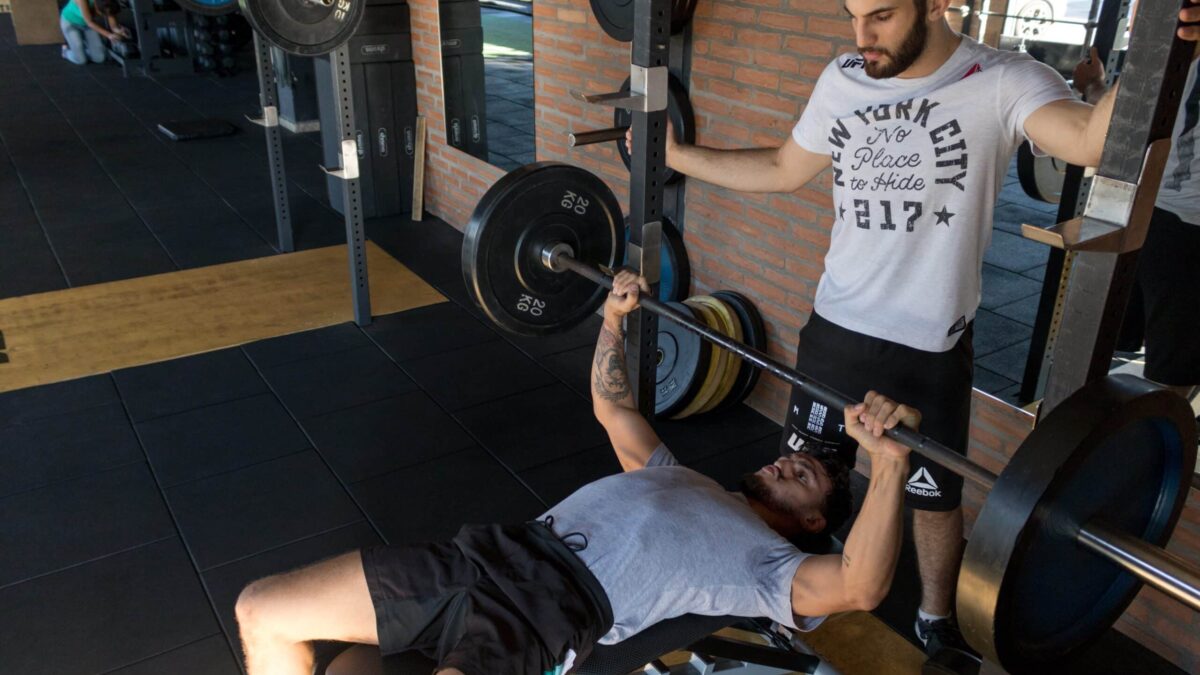When it comes to physical fitness and athletic performance, people often seek out the help of experts. If you’re considering a career in the fitness or sports fields, there are tons of paths for you.
Two of those are personal trainers and sports performance coaches, but what is the difference exactly? Let’s dive in:
Differences Between Performance Coaches and Personal Trainers
There are many similarities between these two professions, but there are some key differences.
Focus
- Personal Trainers: Their primary goal is to help everyday people achieve their fitness goals. This could include weight loss, muscle toning, or overall fitness improvement. Their programs are tailored to suit personal goals and often cater to a wider audience.
- Sports Performance Coaches: These coaches design training programs specifically for athletes, focusing on enhancing athletic performance. Their programs aim at improving skills like agility, speed, power, and sports-specific abilities. Instead of helping someone improve their general fitness, they help an athlete enhance their career.
Clientele
- Personal Trainers: They typically work with the general public, either in a gym or on a freelance basis. Their work caters to people who want to improve their fitness or reach some other kind of wellness goal.
- Sports Performance Coaches: Their clientele consists of athletes at the collegiate or professional level. Their work involves honing an athlete’s skill, and is tailored to their specific sport.
Techniques
- Personal Trainers: Their techniques encompass a broad range of exercises suitable for the general population. This could involve cardiovascular workouts, strength training, and flexibility exercises. They may also advise on nutrition.
Sports Performance Coaches: They use advanced drills, exercises, and techniques that directly correlate to an athlete’s sport. They work to maximize performance during games and competitions.

